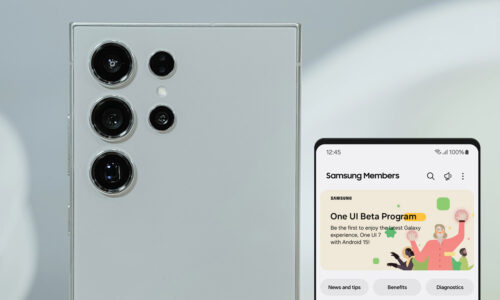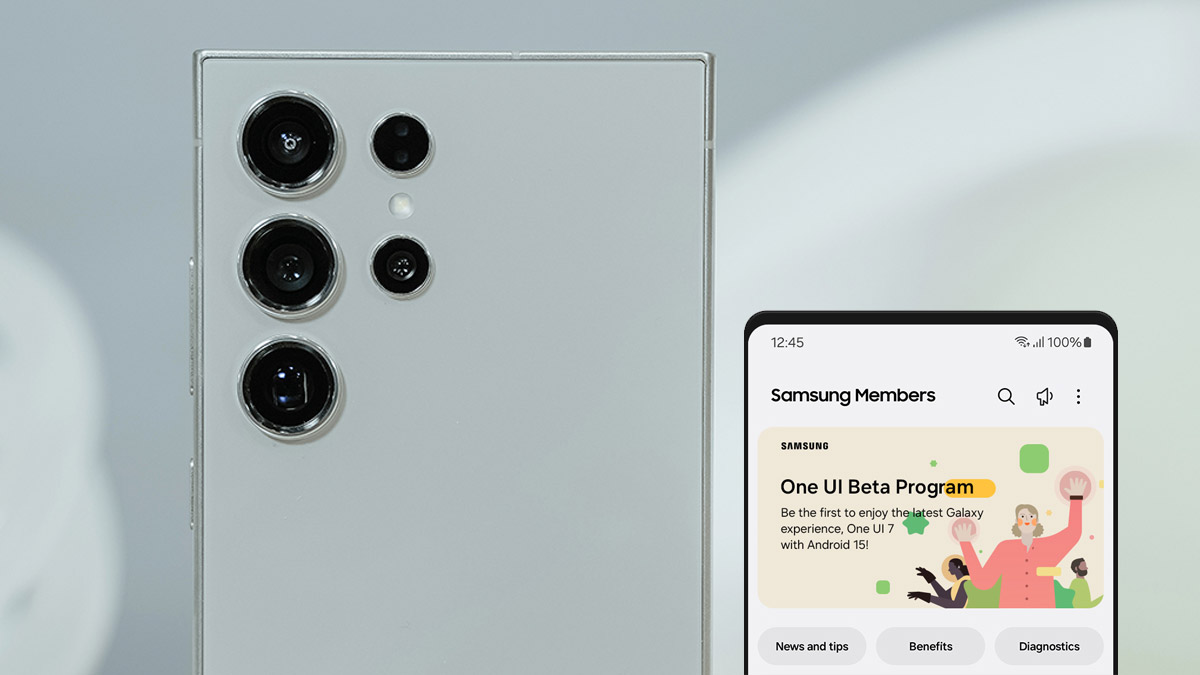It is well known that Apple maintains a strict framework for distributing apps on iOS, implementing particularly stringent and accurate control measures for apps available via the App Store. Tim Cook recently went on to explain the unavailability of sideloading apps on iOS devices, however, the company has provided further explanations.
In the company’s official announcement, the reasons why there is no option for sideloading apps on iOS devices by users are analyzed. Current restrictions protect the App Store from malicious actors that could potentially cause harm during the app publishing process. In this way, the platform is kept secure, both for developers and users, with the company asserting that the ability to sideload apps endangers the security of the platform and its users.
Specifically, Apple states:
Due to the large size of the iPhone user base and the personal data stored on their phones – photos, location data, health and financial information – allowing sideloading would instigate a plethora of attacks on the platform. Profiteers would seize the opportunity, spending more resources to develop advanced attacks targeting iOS users, thus expanding the overall set of attacks – often referred to as the “threat model” – from which all users need to be protected. This increased risk of malware attacks puts all users at greater risk, even those who only download apps from the App Store.
The company did not fail to clarify that app stores from different companies entail greater risks, as there is the possibility that malicious software may be found in their official stores. Therefore, providing access to users, as well as a myriad of app stores, would transform the aforementioned “threat model” and create a wide field of potential attacks.
Moreover, the Apple announcement mentions the following:
By providing additional distribution channels, we change the threat model and widen the possible attacks. Sideloading on the iPhone would put all users at risk, even those who try to protect themselves by downloading apps only from the App Store. If we allow sideloading, it would be as if we were instigating a plethora of new attacks on the iPhone, giving incentives to malicious actors to develop tools and specialize in order to attack the security of iPhone devices.
Having developed expertise in increasingly advanced attacks, malicious hackers would use it to target third-party stores as well as the App Store, putting all users at greater risk. In addition, even users who prefer to download apps only from the App Store could be forced to download an app they need for work or school from other third-party stores, if it is not available on the App Store. Or they could be tricked into downloading apps from other app stores that “disguise” themselves as the App Store.
In closing, the company stressed that this particular tactic keeps the confidentiality and security measures of iOS safe, prioritizing the complete security of all the personal data of its users. For any news circulating about new iOS releases and new Apple device releases, visit the TheFixers blog.














































